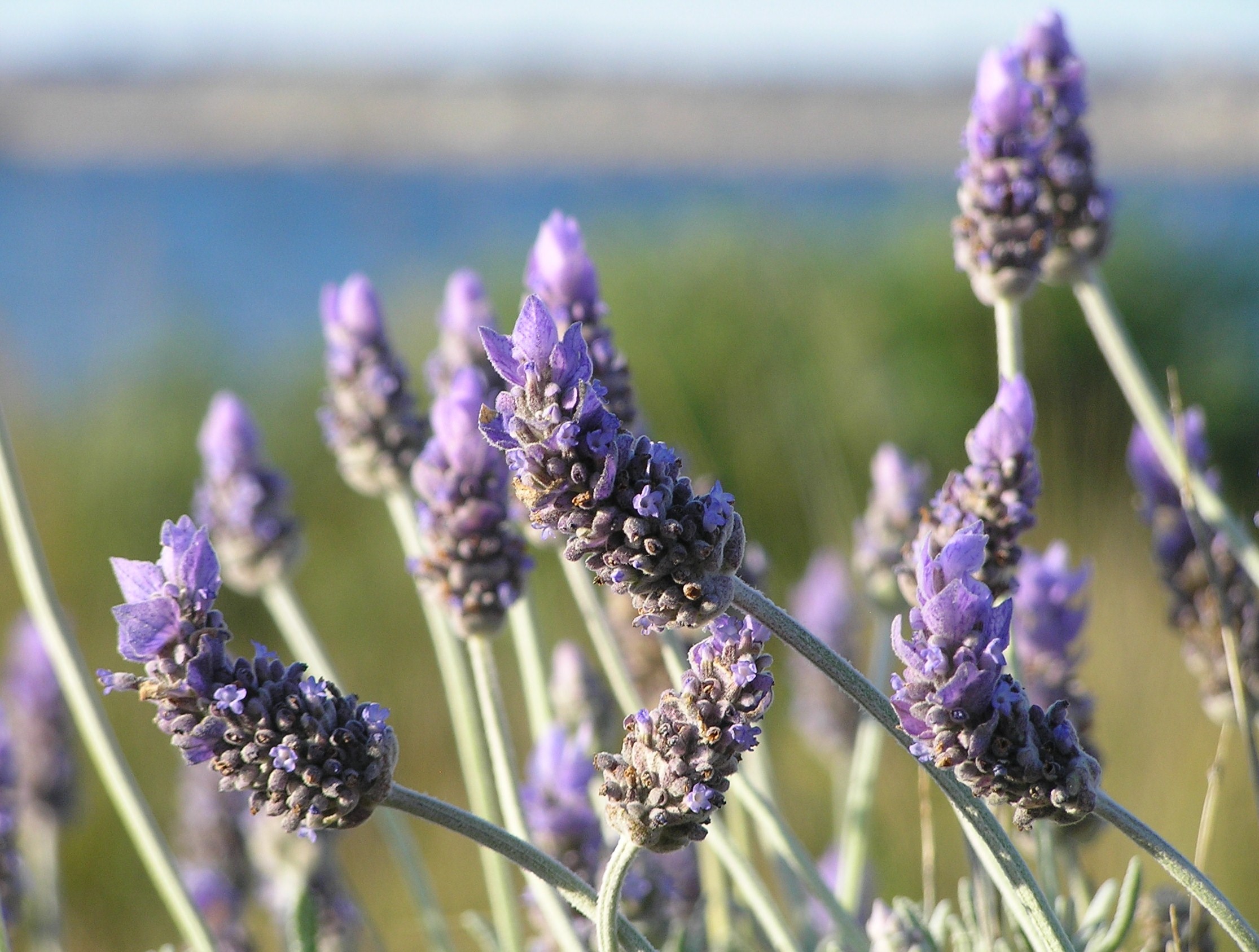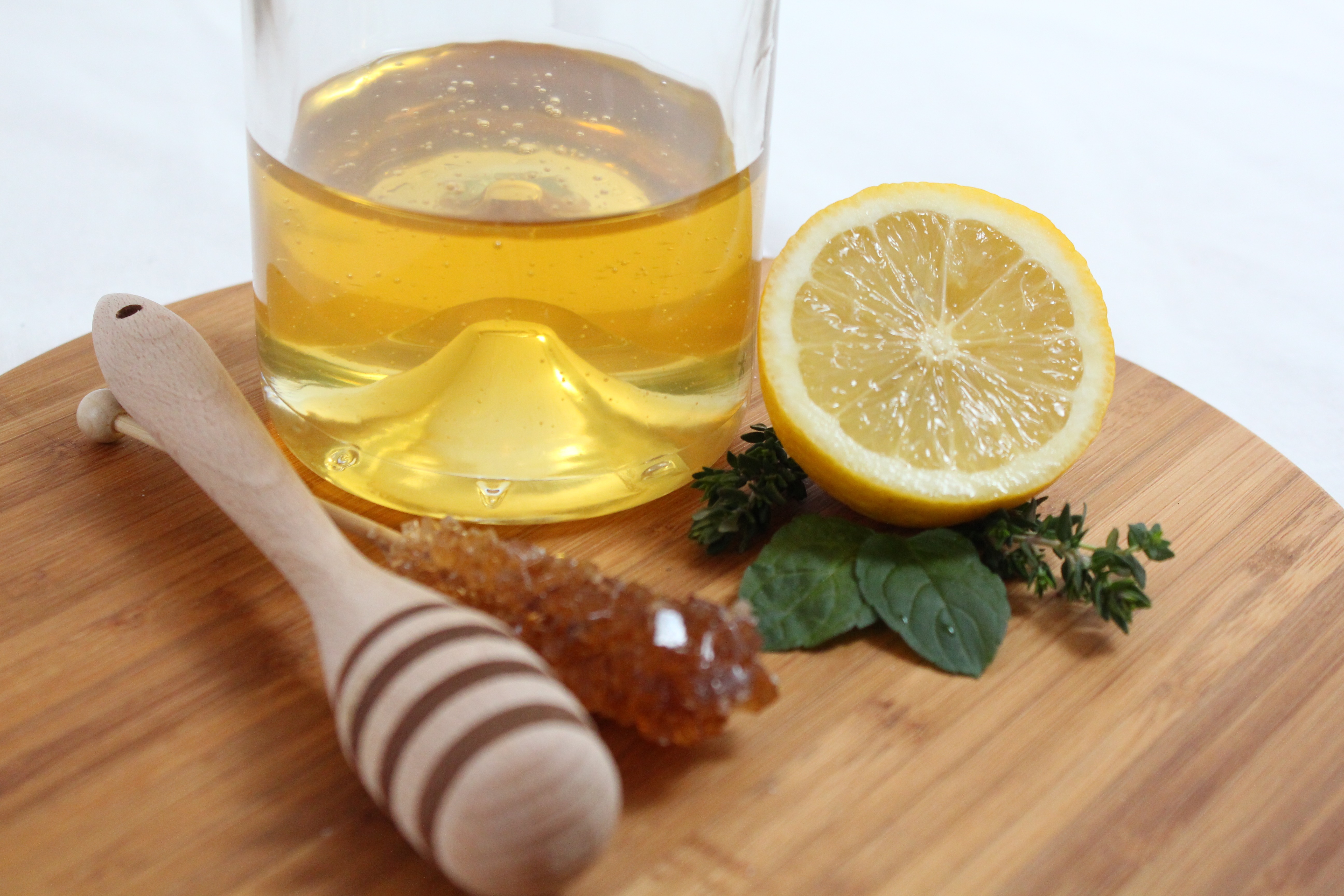You won’t believe what’s in your laundry detergent.
Laundry detergents

Every week the average family washes a whopping 80 pounds of laundry — 35 Billion loads per year nationally. At a half cup laundry soap per load, Americans use a staggering 17.5 billion cups of laundry soap per year. The University of Washington completed a study on chemicals found in common scented laundry detergents and the results were alarming. Their tests concluded that detergents are full of synthetic chemicals made out of petroleum. Not to mention man made fragrances, phthalates, artificial colors and NPEs.
The worst part is that companies are not forced to provide a list of ingredients. Recent studies show that these lethal toxins build up in your skin and cause serious health problems such as asthma, autism, infertility, allergies, and even cancer. Laundry detergents greatly impact our overall health , one can only imagine the effects on our fragile environment.
Bleach
We have always felt that bleach protected us from germs and bacteria. The reality is that bleach contains harsh chemicals so the health risks out weight its possible benefits. Pouring bleach down the drain can create problems for our reproductive and neurological system. Bleach may also increase a risk of developing cancer. To stabilize bleaching agents, manufacturers add ethylene-diamine-tetra-acetic (EDTA). EDTA slowly biodegrades and release heavy metals into the water supply.
Alternatives

We can simply make our own healthy eco-friendly laundry detergent by mixing washing soda, Dr. Bronner’s bar soap, and lavender oil. To substitute bleach we can use vinegar, baking soda, and lemon oil. You can start by taking 30 minutes out of your day to make as much as a month supply.
If you don’t think you have time to make these alternatives, consider your health! Anything we put into the environment comes back to us in many forms.
Sources
University of Washington study









Recent Comments